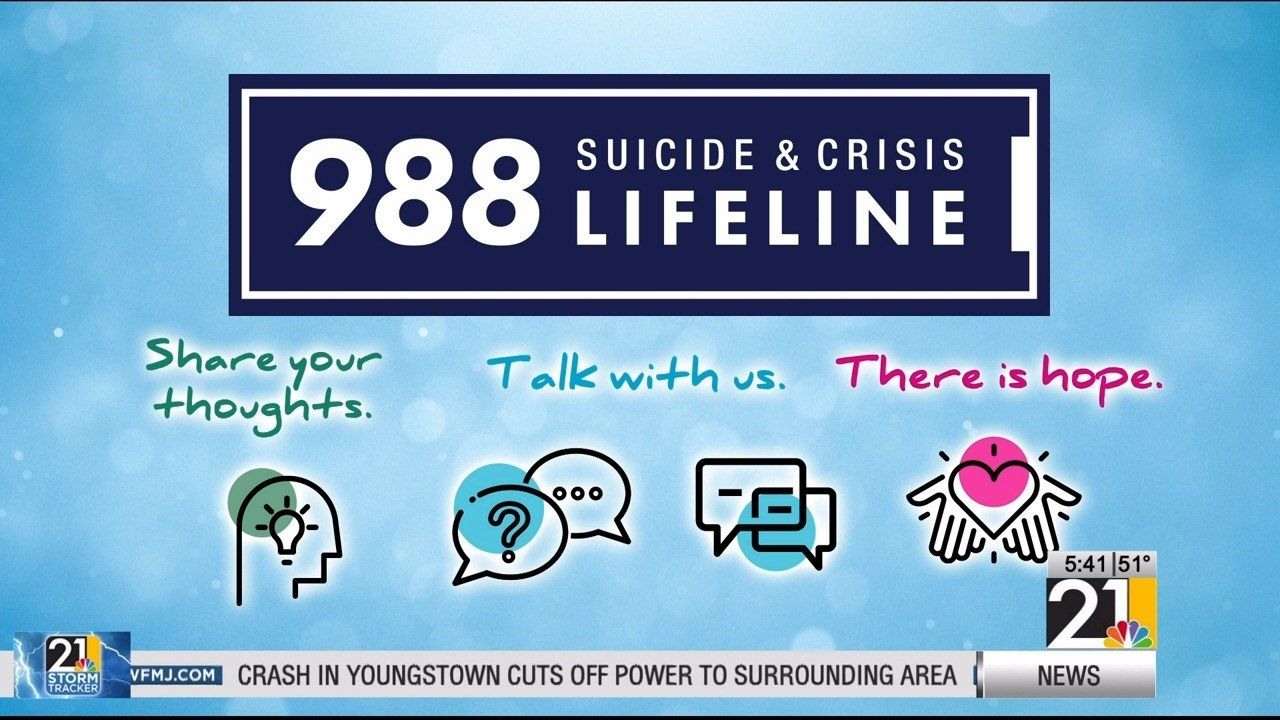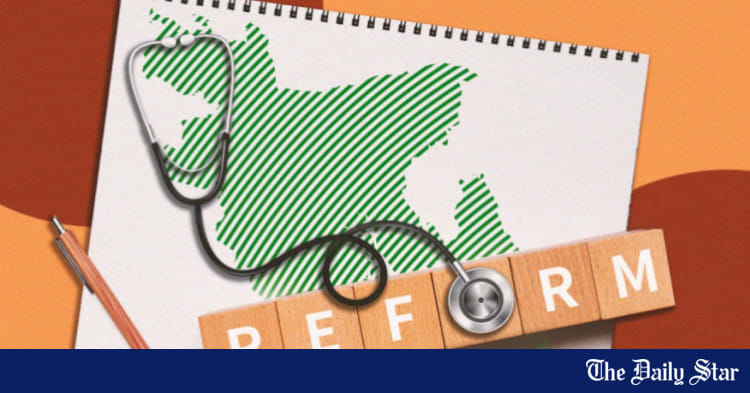RFK Jr. Backtracks: Admits He's Not a Medical Expert, Urges Public to Consult Professionals

Robert F. Kennedy Jr., a prominent figure often vocal on health matters, recently faced scrutiny during a congressional hearing. While known for sharing his views on public health, he notably sidestepped questions regarding childhood vaccinations, ultimately stating he shouldn't be considered a source for medical advice. This shift in tone marks a significant departure from his previous statements and has sparked debate across the nation.
Kennedy, who has frequently leveraged his profile to discuss health concerns, has often presented perspectives that challenge conventional medical wisdom. His past comments on vaccines, in particular, have drawn criticism from medical professionals and public health organizations, who argue that his claims are often misleading and potentially harmful. The recent hearing saw lawmakers press him directly on whether parents should vaccinate their children, a question he skillfully avoided answering definitively.
Instead, Kennedy pivoted, acknowledging that he is not a medical professional and advising the public to seek guidance from qualified doctors and healthcare providers. “I’m not a doctor,” he stated during the hearing. “People should always consult with their physicians about health decisions.” This statement represents a clear retraction from his previous, more assertive pronouncements on vaccine safety and efficacy.
The context of this change is crucial. Kennedy is currently running for president, and his views on health policy have become a focal point of his campaign. His previous stances on vaccines, in particular, have been a source of controversy, raising concerns about his understanding of scientific consensus and the potential impact of his rhetoric on public health.
Experts have commented on Kennedy’s backtracking, noting that it is a pragmatic response to growing criticism and the need to present a more mainstream image as he pursues his presidential bid. Dr. Emily Carter, a leading epidemiologist, stated, “While it’s encouraging that he’s now advising people to consult with their doctors, the damage may already be done. His previous statements have sown seeds of doubt and mistrust in the medical community.”
The implications of Kennedy’s shift are far-reaching. It remains to be seen whether this change in messaging will alleviate concerns about his health policy positions or whether it will be perceived as a cynical attempt to appeal to a broader electorate. Regardless, the incident underscores the importance of relying on credible sources of medical information and consulting with healthcare professionals for informed decision-making.
This evolving narrative highlights a broader challenge: navigating the complex landscape of health information in an era of misinformation and distrust. The public needs to be equipped with the tools to critically evaluate information and discern credible sources from those with ulterior motives. Ultimately, the responsibility for making informed health decisions rests with individuals, guided by the advice of trusted medical professionals.






